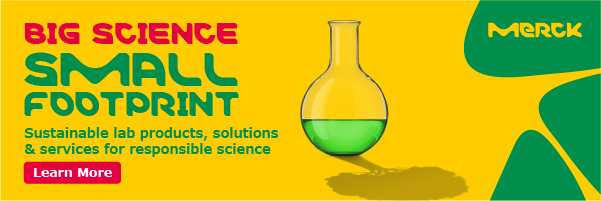Corporate Responsibility
Solidia Technologies can reduce carbon footprint of cement and concrete in California 29th March 2018
– Solidia Technologies Chief Commercial Officer Bo Boylan joined environmental leaders at a meeting of The California Air Resources Board (CARB) to discuss the impact of Solidia’s ecofriendly cement and concrete systems on California, including a 30% reduction in carbon emissions in the production of cement. Coupled with the capture of another 240 kg of CO2 during cement curing, Solidia’s processes can reduce the carbon footprint of cement and concrete in the state by 70%.
“In California alone, our technologies would result in a reduction of more than four million metric tonnes of carbon emissions at cement kilns,” said Dr Boylan. “By curing concrete with CO2 instead of water, we can also safely and permanently sequester 3.4 metric tonnes of CO2 in concrete products and save Californians 27 billion gallons of water each year.”
Additional environmental benefits that would be accrued at California cement plants include a 50% reduction of emissions of nitrogen oxide (5,000 metric tonnes), a 30% reduction in mercury emissions (110 kg), and a 30% reduction in energy consumption (13,000,000 gigajoules).
Each ton of cement produces approximately one ton of CO2, making cement production the second largest industrial CO2 polluter, representing 5-7% of the world’s total CO2 emissions. California’s nine cement kilns emit 13.53 metric tonnes of CO2 each year.
CARB describes its Green Building effort as encouraging design that accomplishes several environmental goals, including lowering GHG emissions: “Because buildings represent one of the largest sources of GHG emissions in California, the Green Buildings effort affords numerous ways to address environmental goals while lowering GHG emissions. Green buildings offer a cost-effective way to limit the use of energy, water and waste in residential and commercial buildings. Furthermore, by designing buildings to accomplish several environmental attributes from the beginning, the green building approach integrates renewable power generation, energy efficiency, water and waste reduction.”
Easy to adopt anywhere in the world, Solidia’s systems produce a sustainable cement and cure concrete with CO2 instead of water, while utilizing manufacturers’ existing infrastructure, raw materials, formulations, production methods and specifications. Stronger, more durable and higher performing than traditional concrete, Solidia Concrete products cost less to produce, reduce water and energy use, and cure in less than 24 hours.
“We applaud CARB for its commitment to environmental design through its Green Building effort,” explained Dr Boylan. “That innovative mindset is a primary incentive for us to target California, which makes up the sixth largest economy in the world and is the second largest producer and consumer of cement in the country. Our technology has the potential to make a huge impact both environmentally and as an engine for economic growth as we give cement and concrete manufacturers a massive competitive edge.”



